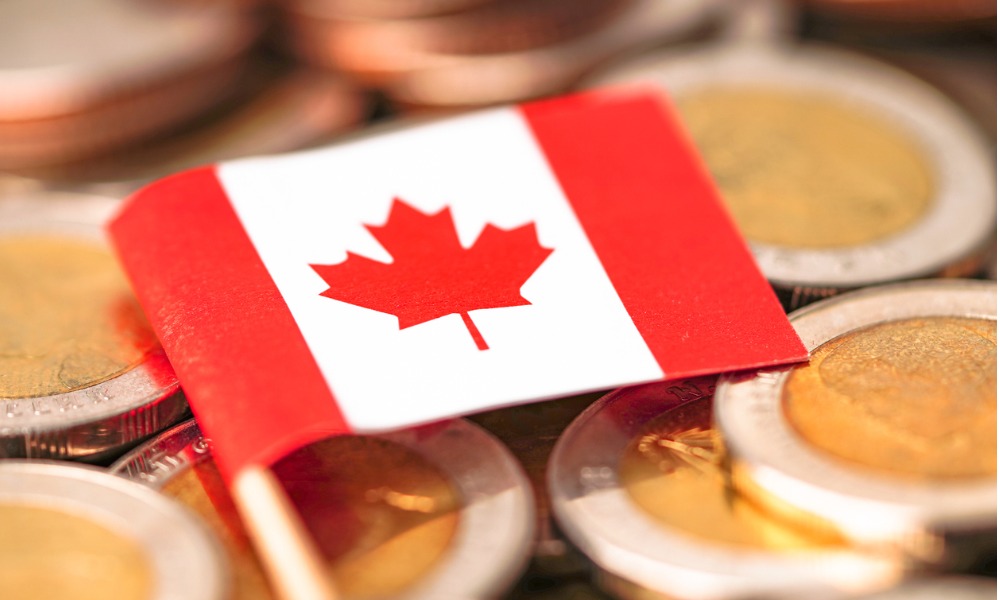
Four provinces, 1 territory — and federally — boosting rates

Four Canadian provinces and one territory saw minimum wage rates increase as of April 1, 2024.
The increases happened across all Atlantic Canadian provinces.
With the pay increases in effect, Newfoundland and Labrador has the highest minimum wage in Atlantic Canada at $15.60 per hour, up by $0.60.
“The provincial government recognizes the importance of the minimum wage and continues to monitor and review labour standards legislation to ensure it remains relevant, responsive and comparable to jurisdictions across the country,” said Bernard Davis, NL’s minister responsible for labour, said back in January, when the minimum wage increase was announced.
“We continue to work to find a balanced approach for both employers and wage earners in the province.”
The minimum overtime wage rate in NL also increased to $23.40.
These increases coincide with a similar uptick of the federal minimum wage to $17.30 per hour from $16.65 per hour.
New Brunswick’s minimum pay also moved up to $15.30 per hour, from $14.75 per hour.
The minimum wage rate is indexed to the province’s Consumer Price Index, rounded to the nearest five cents. The New Brunswick consumer price index grew by 3.6% in 2023.
“Our government’s attention to the province’s minimum wage over the past five years has ensured New Brunswick wages are competitive within Atlantic Canada,” said Arlene Dunn, minister of post-secondary education, training and labour, back in January. “Predictable minimum wage increases, which we established in 2019, protect earners from increases in inflation and help businesses to be better prepared for increases when they occur.”
In Prince Edward Island, the minimum wage rate has been pushed up to $15.40, from the previous $15. PEI will see a second increase to the base pay in October, when the rate will go up to $16 per hour.
The base pay rate in Nova Scotia also increased to $15.20 per hour, up from $15 per hour.
Also, starting this year, the minimum wage rate in Nova Scotia will be adjusted by the national consumer price index “plus 1 percentage point from the minimum wage rate set the preceding April,” according to the provincial government. “That means an increase this year of 4.7 per cent from the April 2023 rate.”
Yukon’s base salary also jumped to $17.59 per hour from the previous hourly rate of $16.77.
The increase is based on the 2023 Consumer Price Index for Whitehorse which is 4.9%.
“Our government is committed to making life more affordable for Yukoners,” said Richard Mostyn, minister of community services, back in January. “This minimum wage increase, alongside the many other actions by our government to make life more affordable across the territory, will help the Yukon’s lowest-paid workers make ends meet.”
British Columbia and Saskatchewan will also see minimum wage increases later this year.